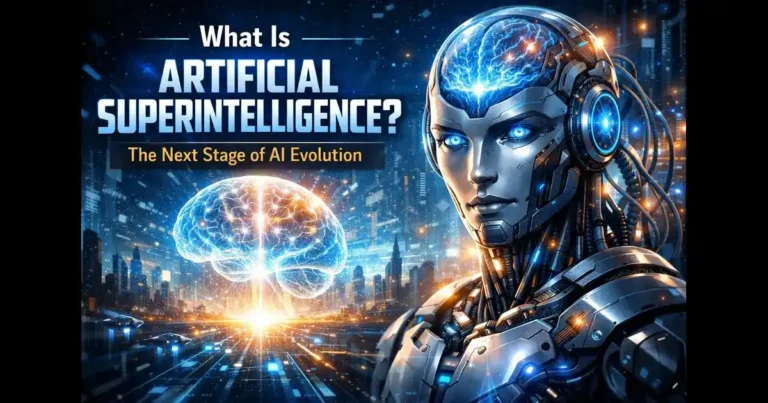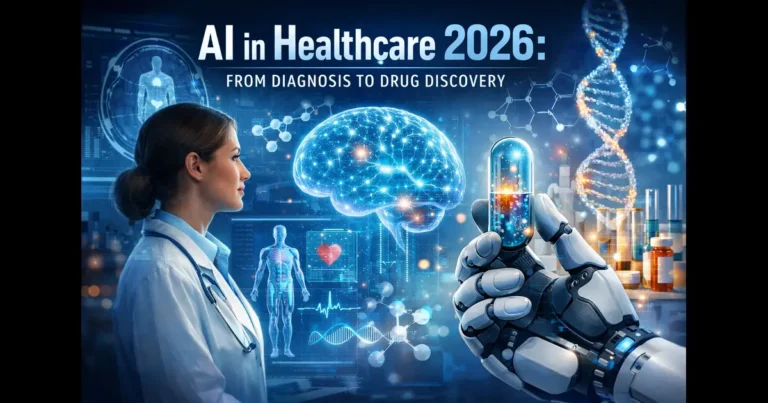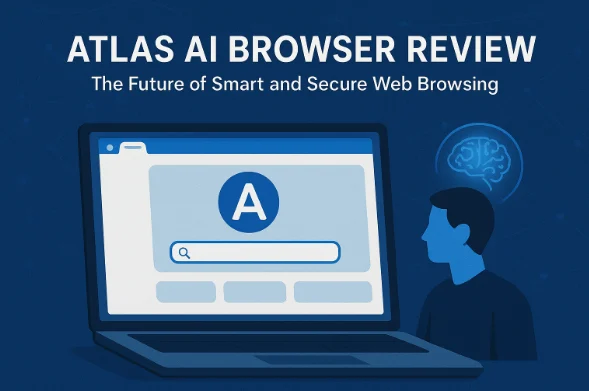
The German automaker partners with OpenAI’s ChatGPT to enhance the driving experience with a versatile and intuitive voice assistant.
Mercedes-Benz, a pioneer in automotive technology, is embarking on an exciting new venture by integrating artificial intelligence (AI) into its vehicles. The company has announced the beta-testing of ChatGPT, a state-of-the-art AI language model developed by OpenAI, as a voice assistant in its cars. This integration aims to elevate the driving experience by enabling drivers to engage in conversations with the chatbot while maintaining their focus on the road.
Enhancing Safety and Convenience
Mercedes-Benz’s beta program is designed to provide more than 900,000 vehicles equipped with the MBUX infotainment system in the United States with an upgraded voice assistant experience. Starting from June 16, drivers will have the opportunity to activate the beta program by simply using the voice command, “Hey Mercedes, I want to join the beta program.” Once initiated, the update will be seamlessly installed over the air, free of charge, expanding the capabilities of the existing voice assistant.
The integration of ChatGPT aims to create a more natural and intuitive dialogue format for Mercedes-Benz’s MBUX voice assistant. Drivers will no longer need to memorize specific phrases to activate certain functions. Instead, they can engage in versatile conversations, whether it’s asking for details about their destination, seeking suggestions for a new dinner recipe, or even posing complex questions. This enhancement ensures a more seamless and convenient user experience behind the wheel.
Balancing Innovation and Safety
While the integration of ChatGPT into Mercedes-Benz vehicles represents a significant leap in technology, concerns regarding driver distraction and safety have been raised. Critics argue that the expanded capabilities, such as the ability to ask complex questions and discuss recipes, may divert drivers’ attention away from the road. However, Mercedes-Benz is keen on maintaining safety as a top priority, ensuring that drivers can engage with the voice assistant while keeping their focus on driving.
By leveraging the same AI language models that power systems like ChatGPT, Mercedes-Benz aims to strike a balance between innovation and safety. The company recognizes the importance of providing a voice assistant that is versatile and engaging, while also ensuring that it does not compromise the driver’s attention or jeopardize road safety.
Industry Collaboration and Future Prospects
In support of this beta test, Microsoft is collaborating with Mercedes-Benz by providing assistance through its Azure cloud system. Microsoft’s involvement underscores the industry-wide interest in AI integration and highlights the potential benefits it can offer. This collaboration between Mercedes-Benz and OpenAI exemplifies a shared vision of harnessing the power of AI to enhance everyday experiences and create a more intuitive and user-friendly environment for drivers.
As the beta program commences, industry observers eagerly await the results and user feedback. This integration opens up possibilities for users to explore and potentially push the boundaries of the Mercedes-Benz voice assistant. Some enthusiasts envision scenarios where the chatbot is leveraged beyond its intended capabilities, potentially allowing users to unlock features like the controversial “Acceleration Increase” subscription, which offers enhanced acceleration on the company’s latest electric cars for a monthly fee.
With the adoption of ChatGPT, Mercedes-Benz takes a significant step forward in revolutionizing in-car voice assistants. The company is determined to strike a delicate balance between offering expanded capabilities and ensuring driver safety. As the beta test progresses, it will become clearer whether this integration will become a trusted and valued companion for drivers or if it will present additional distractions on the road.







